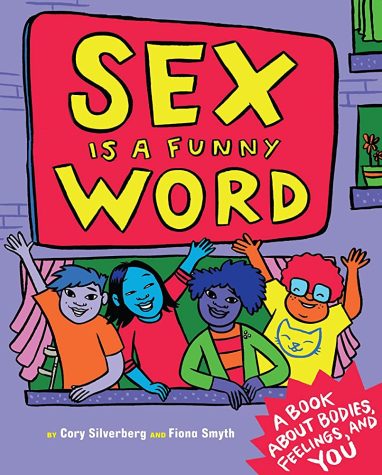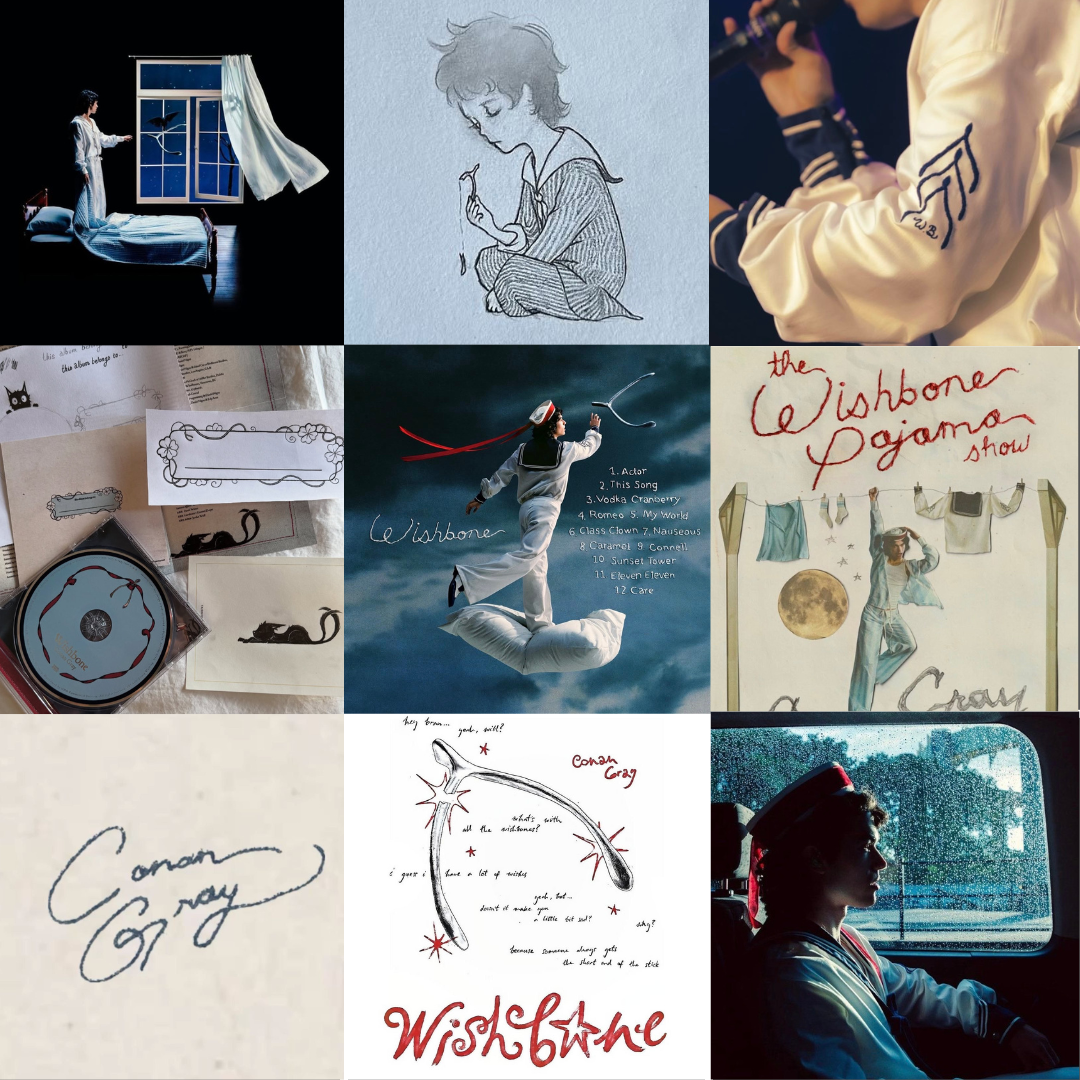Banning books isn’t a concept that is foreign to people around the world. Plenty of books have been banned, or at least attempted to have been banned, by people who feel that the content matter doesn’t agree with their beliefs or religion. According to the American Library Association, the top three reasons that books are challenged in the United States are “the material was considered ‘sexually explicit’, the material contained ‘offensive language’ and the materials were ‘unsuited to any age group’.” Fremont is no exception to places where books have been attempted to be banned.

“Sex is a Funny Word: A Book about Bodies, Feelings, and YOU” by Cory Silverberg is a book that is being attempted to be banned from the Keene Memorial Public Library. The book is a graphic novel that works to teach young adults about sex education. It features people of all gender identities, sexual orientations and ethnicities in an effort to provide important information to others about sex education for everyone.
Recently, a Fremont woman and her daughter have been attempting to have this book removed from the library saying that it is “inappropriate for children to read” due to some of the images in the book. They have spoken to the City Council and the library, ultimately filing a complaint that was reviewed by the Library Board. The ruling currently made is that the book can remain in the library, but it has been moved out of the children’s section to the adult section.
This book’s intended purpose is to inform young adults about sex education, information in which they may not receive anywhere else. Not everyone has a perfect home life or parents who are willing to have a talk with them, and FHS doesn’t have a sex education class for students to learn from, so where else are students supposed to learn this essential knowledge? As students are growing up, it’s important for them to learn sex education so they know more about their bodies, and they don’t receive or transmit any diseases.
There is no point in challenging books and banning them, and the Library Board’s decision to allow the book to remain is the right one. Even if a book contains context that makes some readers uncomfortable that doesn’t mean that it should be banned completely. Most of the reasons for challenging a book come from a place of misunderstanding, like racism, homophobia and sexism. Many books that have been banned or challenged in the past are thought-provoking and challenge different issues in our world, such as the government, race and LGBTQ+. There is no point in trying to have books banned when the United States has the First Amendment right to free speech. It’s also important for people to read and learn about others’ ideas or experiences, especially when the author is someone who looks completely different or has had a different life experience than them.
Some of the most challenged books in the United States are currently part of the English curriculum at Fremont Public Schools. “The Catcher in the Rye”, “Adventures of Huckleberry Finn”, “Lord of the Flies”, “Of Mice and Men” and “Anne Frank: Diary of a Young Girl” all top the list of 100 books that have been challenged that are currently being taught in FPS buildings.
Banned books often provide perspective for those who are marginalized and ostracized from main-stream society. These narratives allow people to have important conversations to grow and develop. When banned books are part of the curriculum, it allows students to have eye-opening discussions and share their thoughts and opinions. Discussions allow students to see the problematic themes in books and grow intellectually.
Banning books is unproductive to the growth of society. It’s important to have access to books to grow the mind and learn about different life perspectives. By challenging “Sex is a Funny Word”, they are trying to remove information about sex education that can be very helpful to readers. By challenging other books, people are preventing readers from learning about other issues. In order to decrease misunderstanding, books should not be banned. Banning books is not funny.























Shelby Olson • Mar 1, 2023 at 8:02 pm
Heather, your thoughts are so genuine and insightful. I love students who are passionate about literature and the people around them. Mrs. Olson